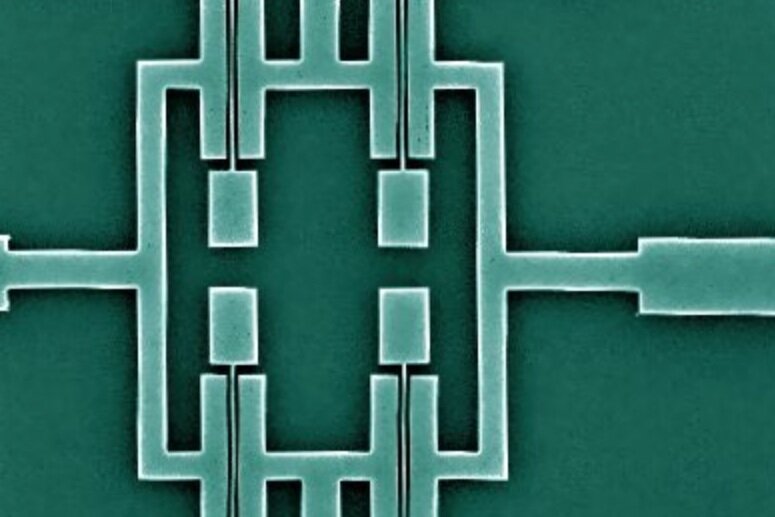
Nanomechanical Computing
Logically reversible and irreversible computation
Motivated by the challenge of energy-efficient computing with existing transistor-based technologies, we are focusing on an alternate architecture that uses nanomechanical resonators as building blocks of reversible and irreversible logic gates. We have recently demonstrated low-power computation with logically-reversible nanomechanical Fredkin gate and a logically-irreversible reprogrammable NAND/NOR gate.
To circumvent the limitations of irreversible computations, an important objective is the development of reversible logic gates, as proposed by Fredkin, Toffoli, Wilczek, Feynman and others. Reversible computing includes any reversible logic gate that has a bijective mapping between its input and output. In other words, these devices must have the same number of inputs and outputs and must recover initial inputs when the outputs of a computation are fed back into the device. The primary motivation for reversible computing is that it provides the only way that performance for given power constraints can increase indefinitely. Our novel approach is to utilize a mechanical logic architecture for implementing the Fredkin gate, a universal logic gate from which any reversible computation can be built. This approach enables us to address a key question on the existence of fundamental limit to energy cost in computing. We have been building universal logic gates, capable of processing information with an energy cost approaching the fundamental von Neuman-Landauer limit, kBTln2 per operation.




